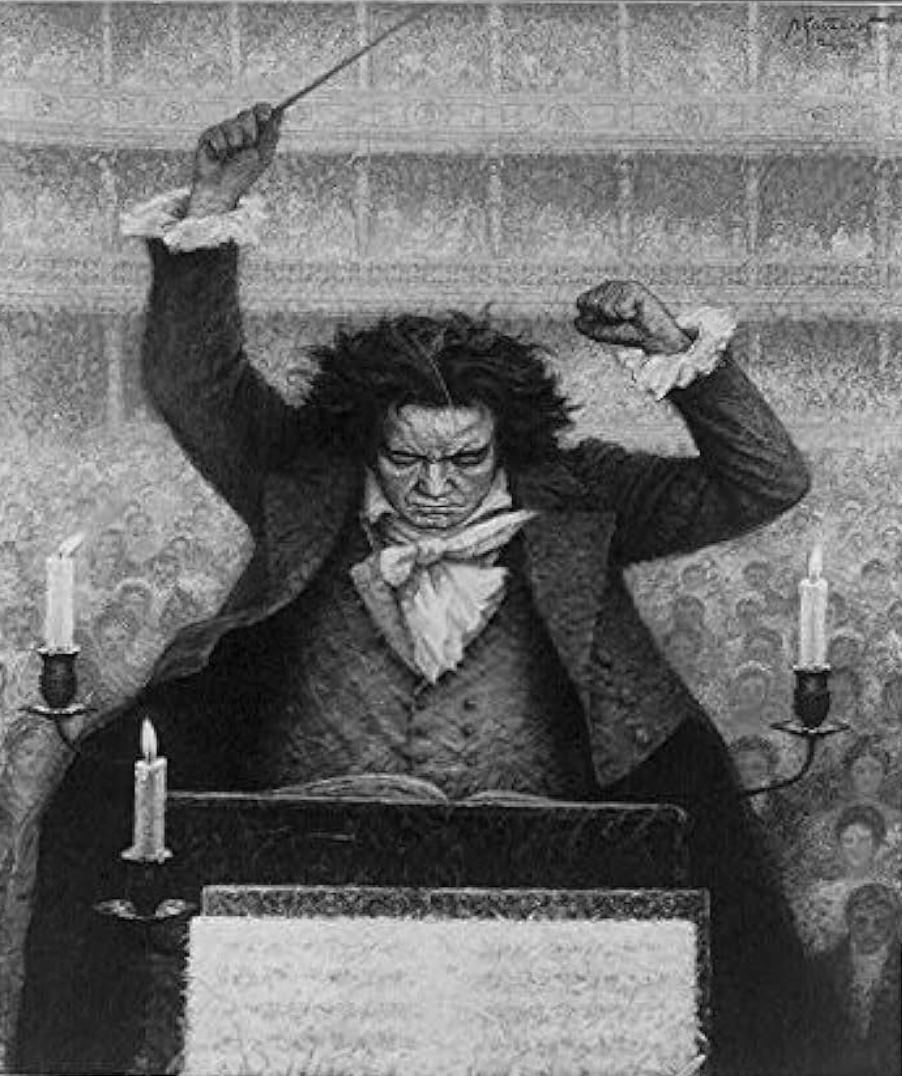Conducting vs. Performing
Constantly learning, growing, and leading a meaningful life is an arduous task. Every religion and culture offers a vehicle for achieving this goal.
The Indian Chakra system, the Kabbalah, and Maslow’s hierarchy of needs all outline the seven layers we must traverse to conquer the reflexes of our reptilian brain, open our hearts to feed our mammalian brain, and achieve the full potential of our Neocortex.
David Brooks’s The Second Mountain: A Quest for a Moral Life suggests that we climb the first mountain in an effort to please our parents, teachers, coaches, and society in general. When this image of ourselves fails to bring us happiness, our fragile ego is shattered, allowing us to climb the second mountain in our own image.
Two millennia ago, Rabbi Hillel said, “If I am not for myself, who is for me? If I am only for myself, who am I?” We can’t climb the second mountain until we have climbed the first. Given the notion that we can’t care for others unless we first care for ourselves, how do we make that switch?
Through my own life lessons, I have concluded that it is better to listen than talk, prepare than plan, give than take, be interdependent than independent, conduct than perform. That is to say, while the tendency in the first part of life is to perform according to some plan to get ahead, win the game, and secure our position in life, the ultimate life lesson to achieve a well-lived life comes down to becoming the conductor who brings forth the best in others. As Harry Truman said, “It is amazing what you can accomplish if you do not care who gets the credit.”
Examples abound, from Alfred Hitchcock, who brought out the best in every actor, to Beethoven, who composed and conducted Symphony #9, directing the energy of an orchestra in creating heavenly music. Wherever we happen to be in our hierarchy of needs, whichever mountain we are climbing, and whatever ambition we might have, it is better to conduct than to perform.
— Sina

